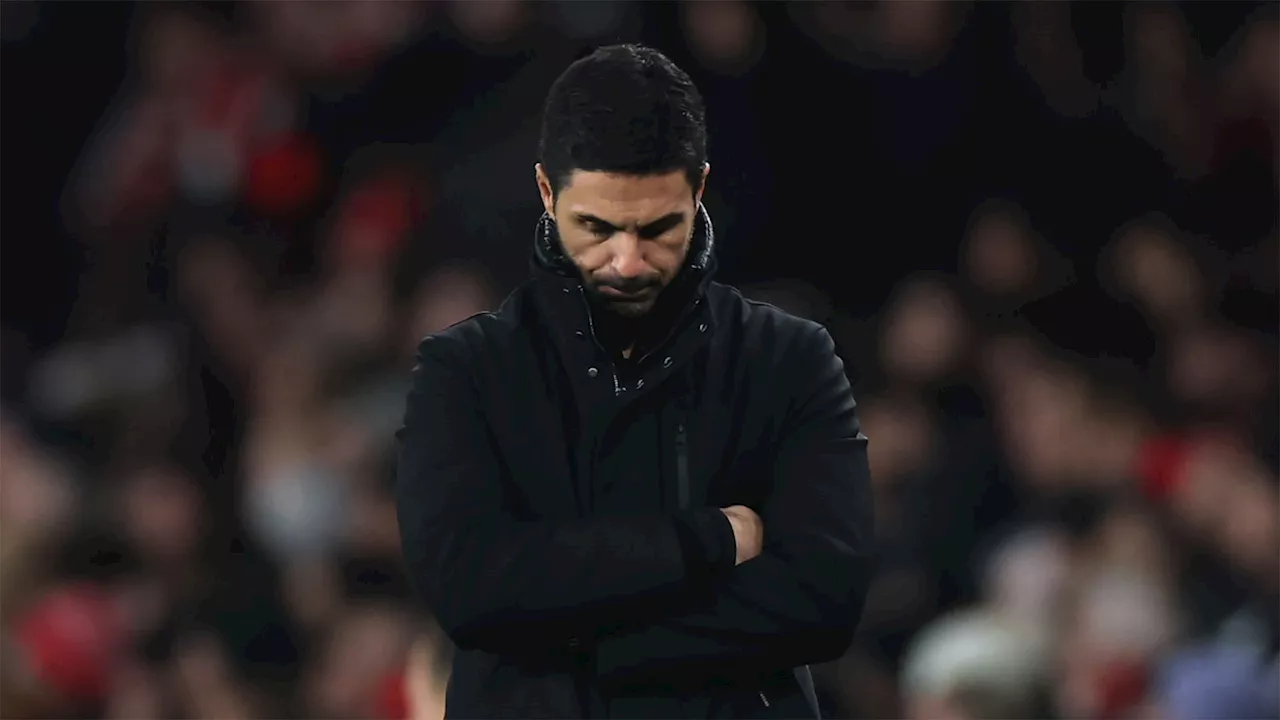This poignant narrative explores the emotional complexities of navigating custody arrangements as children approach adulthood. Through the firsthand account of a father, the article delves into the anxieties, hopes, and ultimately, the acceptance that comes with letting go.
I gripped the steering wheel tighter, trying to steady my trembling hands. The silence in the car was deafening. After 15 years of structured custody arrangements, everything could change with a single answer from my twin sons. Since their mother and I separated when they were three, our lives had been governed by court-mandated schedules.
The 50/50 split looked fair on paper, but the reality was missing half of my children’s lives — their first ride on a bicycle, lost teeth, play dates and countless small moments that many parents take for granted. Every second Sunday brought the same ritual — packing bags, driving them to their mother’s house — followed by the long, quiet drive back to my empty home. The boys, always together, showed remarkable resilience. Even when sports uniforms got left behind or homework mysteriously vanished between houses, they never complained. But I knew it impacted them; they would hesitate before making weekend plans, checking whose “time” it was or navigating between houses. During those early post-divorce years, I’d lie awake in my empty house, imagining a future where I might live full time with my children again. I channeled that hope into action, renovating their rooms to create the perfect space — individual study nooks, gaming setups and space for entertaining friends. I eventually remarried, and my second wife, Cecilia, understood my dream and became both a loving stepmother and a trusted confidante, helping to create a home where the boys could thrive. Unlike many divorced families, where children eventually age out of custody arrangements by leaving for college, our situation in Australia was different. Here, most university students live at home while attending school. My sons would soon start their courses just 15 minutes from both their mother’s house and mine, making their choice of residence even more significant. As they approached 18, their choice of where they would live had me anxious. I began to worry that they would choose to live with their mother full-time, a decision that would leave me with a gaping hole in my life. My therapist, Sophie, helped me reframe my thinking. She advises replacing these thoughts with, “Their love for me hasn’t changed; their needs have. It’s a good thing that they’re able to be more independent and make more decisions about how they spend their time.” “This creates stress as they navigate whether to prioritize their own feelings or those of their parents,” she said. “Young adults often feel torn between their desire for independence and their worry about disappointing either parent, leading them sometimes to put their own needs last.” therapist, speaker and author, emphasizes the importance of separating our interpretations from reality. “Parents should focus on their own feelings rather than interpreting choices as favouritism,” she explains. “This includes creating open lines of communication and regularly checking in with the child about their preferences and experiences.” Parents can help by being attentive to their children’s needs while staying grounded in their own emotional well-being. Parents should recognize that their child’s evolving independence doesn’t reflect a lack of love or attention but growth. Back in the car that day, my sons finally broke the silence with their verdict: “We’ll keep the current schedule as we begin uni.” I was both relieved and proud of their maturity; it was a Solomon-worthy solution. With new courses, new friends and major life changes ahead, they chose stability over change. They wouldn’t have to disappoint either parent — at least not yet. They said they’d reassess in a few months, but for now, they would keep their schedule and move between houses.1. Maintain consistent communication while respecting space Felder advises parents to “start discussions early and give your child ample time to decide what works for them. ” For example, instead of demanding immediate responses about weekend plans, try opening conversations with, “I’m planning my week — what are you thinking about for Sunday?” This approach acknowledges their independence while maintaining connection.“Respect and honour decisions they are making and don’t make them feel bad or guilty for it,” advises Patel. She emphasizes that young adults need to know their choices will be supported without negative consequences. This might mean adjusting long-standing family traditions to accommodate their evolving lives. If your child suggests alternating holiday celebrations or creating new traditions that fit their schedule, embrace these changes as positive signs of their growing autonomy rather than viewing them as rejections.“Setting healthy boundaries is vital,” explains Kislin. “This includes creating open lines of communication and regularly checking in with the child about their preferences and experiences.” Parents can demonstrate this by being transparent about their own needs while respecting their child’s boundaries. Establish mutual expectations about communication and visit protocols rather than expecting immediate responses to texts or spontaneous visit
Custody Divorce Adult Children Family Dynamics Communication
United Kingdom Latest News, United Kingdom Headlines
Similar News:You can also read news stories similar to this one that we have collected from other news sources.
 Manchester City's Squad Faces a CrossroadsManchester City's recent transfer strategy has focused on retaining key players. This season, however, the club is at a crossroads as several players, including Kevin De Bruyne, approach the end of their contracts. While the team has been successful, its aging roster requires a potential rebuild.
Manchester City's Squad Faces a CrossroadsManchester City's recent transfer strategy has focused on retaining key players. This season, however, the club is at a crossroads as several players, including Kevin De Bruyne, approach the end of their contracts. While the team has been successful, its aging roster requires a potential rebuild.
Read more »
 Arteta's Arsenal Facing a Crossroads: Premier League vs. Carabao CupMikel Arteta and his Arsenal team find themselves at a crossroads with a 2-0 deficit in the Carabao Cup semi-final against Newcastle. Facing a demanding fixture schedule and mounting pressure, questions arise about whether Arteta will prioritize the cup or focus on securing Champions League qualification through the Premier League.
Arteta's Arsenal Facing a Crossroads: Premier League vs. Carabao CupMikel Arteta and his Arsenal team find themselves at a crossroads with a 2-0 deficit in the Carabao Cup semi-final against Newcastle. Facing a demanding fixture schedule and mounting pressure, questions arise about whether Arteta will prioritize the cup or focus on securing Champions League qualification through the Premier League.
Read more »
 Rashford at Crossroads: Cash or Career?Marcus Rashford faces a pivotal decision: prioritize lucrative offers from Saudi Arabia or remain at Manchester United despite a strained relationship with the club and coach Ruben Amorim.
Rashford at Crossroads: Cash or Career?Marcus Rashford faces a pivotal decision: prioritize lucrative offers from Saudi Arabia or remain at Manchester United despite a strained relationship with the club and coach Ruben Amorim.
Read more »
 Everton's Dyche Faces a Crucial CrossroadsEverton manager Sean Dyche's tenure is under scrutiny after a string of poor performances. The Friedkin family, the club's new owners, are considering their options regarding Dyche's future, with pressure mounting to secure positive results.
Everton's Dyche Faces a Crucial CrossroadsEverton manager Sean Dyche's tenure is under scrutiny after a string of poor performances. The Friedkin family, the club's new owners, are considering their options regarding Dyche's future, with pressure mounting to secure positive results.
Read more »
 Scotland at a Crossroads: Choice Between Decline and New DirectionThe author argues that Scotland faces a crucial choice in the upcoming election: continuing with the SNP's management, which they believe has led to decline, or electing a new direction. They criticize the SNP's record, highlighting weaknesses in public services and the excessive spending on quangos, while promising to deliver better value for taxpayers' money and hold politicians accountable.
Scotland at a Crossroads: Choice Between Decline and New DirectionThe author argues that Scotland faces a crucial choice in the upcoming election: continuing with the SNP's management, which they believe has led to decline, or electing a new direction. They criticize the SNP's record, highlighting weaknesses in public services and the excessive spending on quangos, while promising to deliver better value for taxpayers' money and hold politicians accountable.
Read more »
 Scotland at a Crossroads: Choosing a New DirectionThe author argues that Scotland is at a critical juncture, facing a choice between continued decline under the SNP or a new path forward. They criticize the SNP's record of weakening institutions and public services, and propose two key solutions: squeezing value from taxpayer money and holding politicians accountable.
Scotland at a Crossroads: Choosing a New DirectionThe author argues that Scotland is at a critical juncture, facing a choice between continued decline under the SNP or a new path forward. They criticize the SNP's record of weakening institutions and public services, and propose two key solutions: squeezing value from taxpayer money and holding politicians accountable.
Read more »
